Magnus Renfrew demolishes the old slur that Hong Kong is only interested in making money he shows that this city has an exciting present and promising future as a cultural hub and meeting place for East and West.
Chris Patten, Lord Patten of Barnes, Chancellor of the University of Oxford, and Former Governor of Hong Kong
Renfrew hits a bullseye in accurately capturing the dynamic and evolving transformation of Hong Kong into a global art hub.
S. Alice Mong, Executive Director, Asia Society Hong Kong Center
Magnus Renfrew arrived in Hong Kong a decade ago as an outsider and came to play an integral part in raising the citys importance for the global art market. In this concise yet many-layered analysis, Renfrew details the complexity of the citys cultural scene and its enormous potential. Just as important is his clarity in articulating the challenges Hong Kong faces in fulfilling its desire to be Asias cultural capital.
Marc Spiegler, Global Director, Art Basel
Concise and authoritative, a bold call for the territory to become the global city its destined to be
Kristie Lu Stout, CNN Anchor
Combines insider insights with objective analysis, a succinct account of the journey so far and what might lie ahead.
Tisa Ho, Executive Director, Hong Kong Arts Festival
A concise and thoughtful account of Hong Kongs ascent into a global art centre. Magnus Renfrew reveals the complexities of navigating local and international sensitivities while calling for a more generous representation of Asia within the global discourse.
Claire Hsu, Co-Founder & Executive Director, Asia Art Archive

PENGUIN BOOKS
UK | USA | Canada | Ireland | Australia
India | New Zealand | South Africa | China
Penguin Books is part of the Penguin Random House group of companies whose addresses can be found at global.penguinrandomhouse.com .
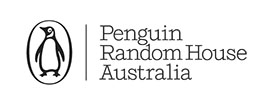
First published by Penguin Group (Australia), 2017
This second edition published by Penguin Group (Australia), 2018
Copyright Magnus Renfrew, 2017
The moral right of the author has been asserted.
All rights reserved. Without limiting the rights under copyright reserved above, no part of this publication may be reproduced, stored in or introduced into a retrieval system, or transmitted, in any form or by any means (electronic, mechanical, photocopying, recording or otherwise), without the prior written permission of both the copyright owner and the above publisher of this book.
Cover Design by Di Suo Penguin Group (Australia)
Text Design by Steffan Leyshon-Jones Penguin Group (Australia)
Grateful acknowledgement is made for permission to reprint an extract from the following work: City at the End of Time: Poems by Leung Ping-Kwan  , edited and introduced by Esther M. K. Cheung; translated by Gordon T. Osing and Leung Ping-kwan, by permission of Hong Kong University Press.
, edited and introduced by Esther M. K. Cheung; translated by Gordon T. Osing and Leung Ping-kwan, by permission of Hong Kong University Press.

ISBN: 9781760144579
penguin.com.au
CONTENTS
To my wife, Emma, and to our three boys, Finlay, Archie and Jake.
Preface
It was with great enthusiasm that I accepted the invitation to write a short book on the future of the art scene in Hong Kong, a place that has afforded me substantial opportunities and a city that I have been lucky enough to call home for the last decade. Hong Kong has also been an excellent base from which to explore the diverse cultures of Asia, and I have benefited immensely from its incredible infrastructure and connectivity.
As time went on, I became more and more aware of the tremendous challenge that writing this book represents. To write something that comes anywhere close to doing justice to the complexity and dynamism of the current context, and to unavoidably take on questions of market, cultural identity and politics, has been a burden which I anticipated but underestimated. I had not realised on a personal level how difficult I would find it to write this and it has been a raw and highly reflective experience. Every question I tried to answer led to a more fundamental question about Hong Kong and about art. As I am sure we do not need to be reminded, art is not just about pretty pictures it is about ideas.
I am acutely aware that my own position as a British national, writing about the art scene in Hong Kong at such a time, is a highly loaded starting point. I do not speak Cantonese, nor do I read traditional Chinese characters. This is not only a hurdle (some would say an insurmountable one, though I remain optimistic) to understanding many aspects of culture in Hong Kong, but also a barrier to reading discourse in Chinese-language publications and the rapid fire of social media.
I do not claim to be a spokesperson for any aspect of the art scene in Hong Kong, nor can I be fully removed from my own cultural upbringing and experiences. My hope is that I will be able to write an account within these constraints if not without implicit bias, then at least with an open heart. To be clear, I have a vested interest in this city as a permanent resident and through my seven years of work as director of the art fair, first in launching ART HK and then during my time as founding director Asia for Art Basel, I am hopeful about its possibilities.
This book will not attempt to survey artistic output in Hong Kong (although at the end of this book I have listed several resources as a starting point for others investigative journeys, upon which I would wholeheartedly encourage them to embark). There are some surveys and monographs out there already, and I hope there will be many more to come, that will contextualise and highlight the incredible work produced by artists in this remarkable city.

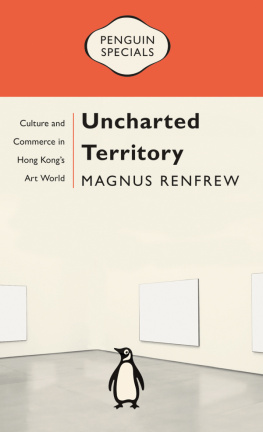

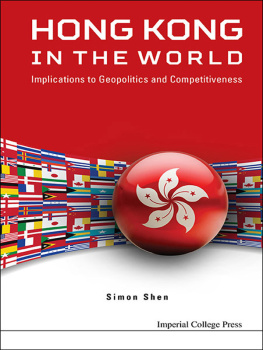
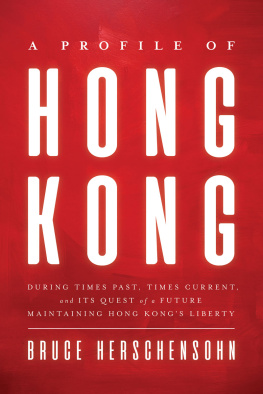
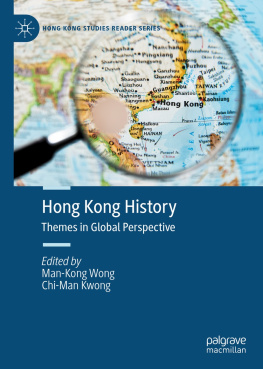
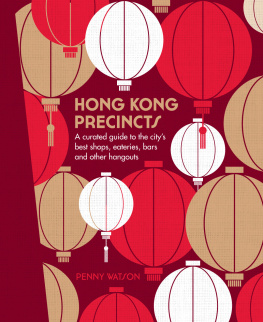
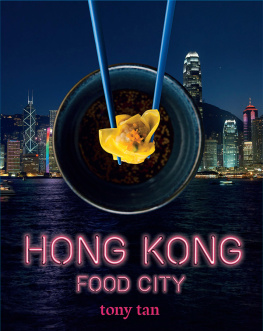
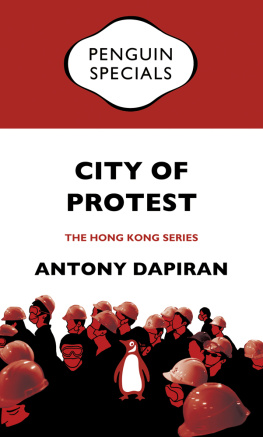
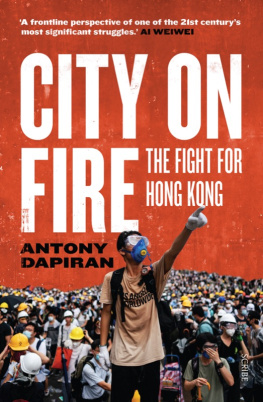
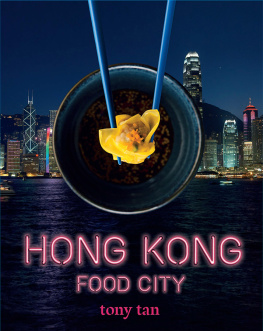
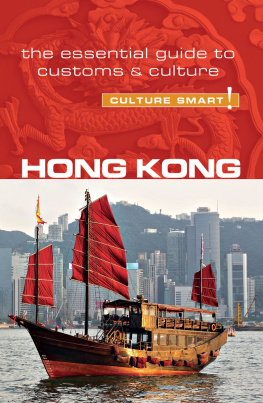






 , edited and introduced by Esther M. K. Cheung; translated by Gordon T. Osing and Leung Ping-kwan, by permission of Hong Kong University Press.
, edited and introduced by Esther M. K. Cheung; translated by Gordon T. Osing and Leung Ping-kwan, by permission of Hong Kong University Press.